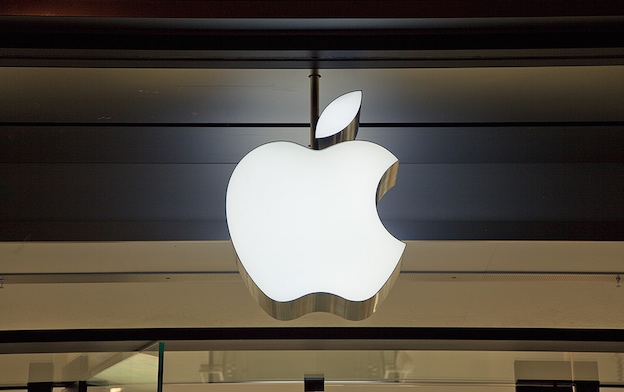Apple’s efforts to secure lower component pricing from iPhone suppliers has been met with strong resistance, according to a new report from Digitimes. The report claims that Apple in recent weeks sought to convince component manufacturers to reduce their quotes for iPhone parts by 20%. Apple has historically been able to wield quite a bit of power when it comes to securing favorable contract terms, but with iPhone sales currently on the decline, Apple has clearly lost a bit of its negotiating power.
Generally, Apple is able to get some of the best deals on components because suppliers can make up the difference on volume and Apple is famously willing to pay up-front for parts. But with orders for iPhone components set to decline 30% year over year, it’s easy to see why some suppliers were quick to balk at Apple’s demands.
DON’T MISS: The 10 best deals in Best Buy’s huge 50th anniversary sale happening right now
Notably, Apple’s demand for more favorable pricing did not include chip manufacturer Taiwan Semiconductor Manufacturing Company (TSMC) or Largan Precision as Apple can’t readily find adequate replacements for companies that offer “foundry services or high-end camera modules, respectively.”
The report reads in part:
Major downstream suppliers, notably Advanced Semiconductor Engineering (ASE) and associated companies under the Foxconn Group, have replied Apple that they could not be able to accept orders without reasonable profits at this time.
Apple is leveraging the rising handset supply chain in China to force Taiwan-based companies to reduce their quotes comparable to those offered by China-based suppliers. But it makes no sense for such a requirment since the quality of products rolled out by Taiwan- and China-based suppliers is standing at different levels.
With Apple and component suppliers at a seeming standstill, it’ll be interesting to see how margins on the iPhone 7 are affected. Historically, and in large part due to Tim Cook’s operational wizardry, Apple has for years managed to secure favorable pricing deals from component manufacturers. Even during the Steve Jobs era, Cook — who at the time served as the head of Apple’s worldwide operations group — was highly regarded for getting Apple the absolute best deals on components.
Now as to why Apple suddenly demanded a 20% discount, it all boils down to keeping the company’s revenue stream healthy. With iPhone sales growth currently on the decline, Apple is simply trying to squeeze more of a profit out of each iPhone sold. Another theory we’ve seen suggests that because the components that make up the iPhone 7 may be more expensive than what Apple used on the iPhone 6s, Apple is simply trying to make up the difference in order to protect its precious margins.








